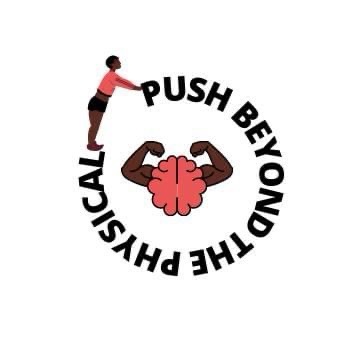Weight Loss Recommendation
- Lina Rush
- May 31, 2023
- 2 min read
So, I decided to refresh my knowledge by re-reading my personal trainer’s book and I thought I would share their weight loss recommendations and of course I put my spin on it to make it more relatable.
1. Choose diet changes and exercise routines that you can stick with for the long run.
2. The focus should be on adherence more than the frequency, intensity, and duration of the workout routine. High intensity levels have been correlated with decrease adherence.
3. Exercise is essential for lifelong weight maintenance and good health. You rarely lose weight and keep it off without exercise. The benefits of exercise are stronger bones, healthier heart, less stress and depression, and higher self-esteem.
4. Creating an energy deficit of 500 calories per day could help you lose one pound per week. This could look like eating lesser of 250 calories or two servings of Cheez-Itz and burning 250 calories during exercise.
5. Preparing for lapse or relapse is imperative to continuing your journey. Preparation and acknowledgement will help you avoid feeling like a failure or quitting all together.
6. Avoid choosing an ideal weight and instead consider determining a reasonable weight based on the lowest weight you could maintain for a year, loss and gain history, or medical history. Medical history is at what weight did high blood pressure develop.
7. Set short term goals! Setting a goal to lose 5 pounds and when it’s achieved, maintain it for one month before setting another 5 pound goal.
8. Losing 10-15 pounds can have a positive impact on reducing blood pressure, lowering LDL, increasing HDL, and help with blood sugar regulation.
9. Healthy eating doesn’t mean deprivation or boring. You can eat nutrient dense foods with loads of flavor that can satisfy your mind and body.
10. Portion control is key. Learning how to read food labels and understanding serving sizes can help you with portion control. Creating self-awareness around the foods that you enjoy allows you to eat the foods with self-control and not feel like the food has control over you. All foods can fit, the goal is to feed your body with mostly nutrient dense foods while learning how to incorporate the foods that you enjoy as well.
11. Keeping a food journal not only allows you to see what you eat but it allows you to see when you skip meals, if you’re lacking in the veggie department, or if you go too long in-between meals which may cause you to overeat. It doesn’t have to be extreme. It’s like tracking your spending so you can create a budget.
12. Come up with 10 non-food activities to do when you’re bored, tired, etc. Many times, we emotional eat or mindlessly eat when we are experiencing some type of emotions. Try taking a bath, calling a friend, or if you’re life me go thrifting.
13. Eating healthy is not all or nothing, it’s what you do consistently that matters.




Comments